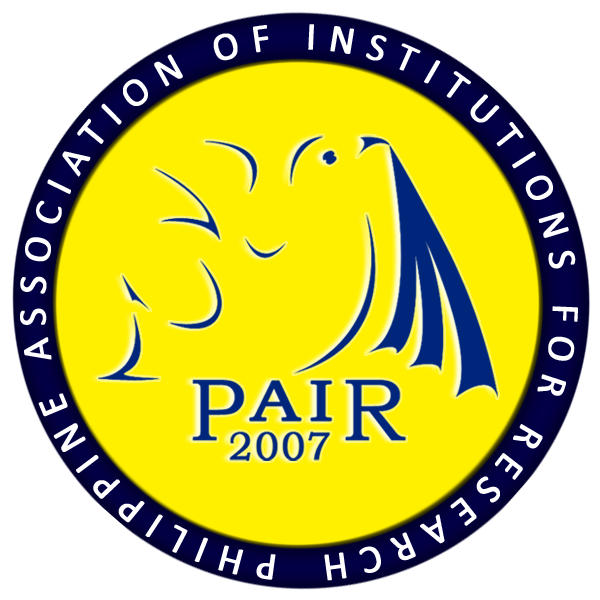Understanding the Anti Hazing Law of 2018: Awareness Levels Among Students
DOI:
https://doi.org/10.7719/irj.v24i1.949Keywords:
Social Science, Anti-Hazing Law, Hazing, Campus Safety, quantitative research design, PhilippinesAbstract
This study was anchored on the Self–Self-awareness theory by Duval and Wicklund (1972). Self-awareness is the capacity to take oneself as the object of thought; people can think, act, and experience and also think about what they are thinking, doing, and experiencing. In social psychology, the study of self-awareness is traced to Shelley Duval and Robert Wicklund's (1972) landmark self-awareness theory. Duval and Wicklund proposed that, at a given moment, people can focus on the self or external environment. Focusing on the self enables self-evaluation. When self-focused, people compare the self with standards of correctness that specify how the self ought to think, feel, and behave. Comparing the self with standards allows people to change their behavior and experience pride and dissatisfaction with the self. Self-awareness is thus a significant mechanism of self-control. When we focus on ourselves, we evaluate and compare our current behavior to our internal standards and values. This elicits a state of objective self-awareness. We become self-conscious as objective evaluators of ourselves. This theory correlates with our study regarding the awareness of students in the Anti-hazing Act of 2018, as it is regarded that being in a group requires conscious and wise decisions. So, with that being stated, it can be implied that joining fraternities and engaging in hazing activities requires self-awareness on the part of the student. Whether to engage or not in any hazing activities completely relies on our consciousness and awareness.
References
Alchemer (2021). Purposive Sampling 101. Alchemer Blog. Http://Www.Alchemer.Com/Resources/Blog/Purposive-Sampling-101/
Anti-Hazing Act Of 2018 (Republic Act No. 11053). Https://Www.Lawphil.Net/Statutes/Repacts/Ra2018/Ra_11053_2018.Html
Bandura, A. (1986). Social Foundations Of Thought And Action. Englewood Cliffs, NJ, 1986(23-28), 2.
Published
Issue
Section
License
Copyright (c) 2025 Arnold G. Rago

This work is licensed under a Creative Commons Attribution-NonCommercial 4.0 International License.








